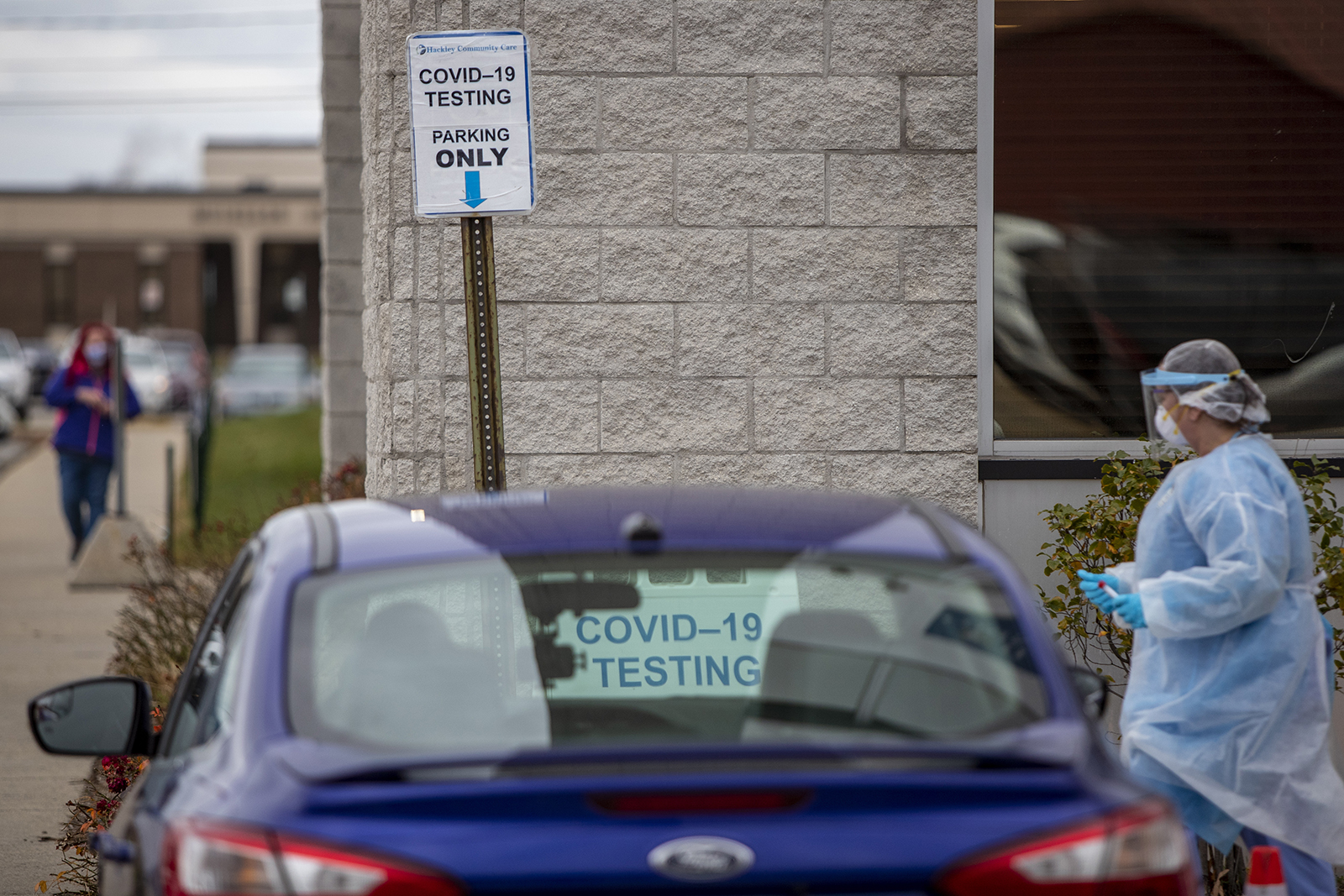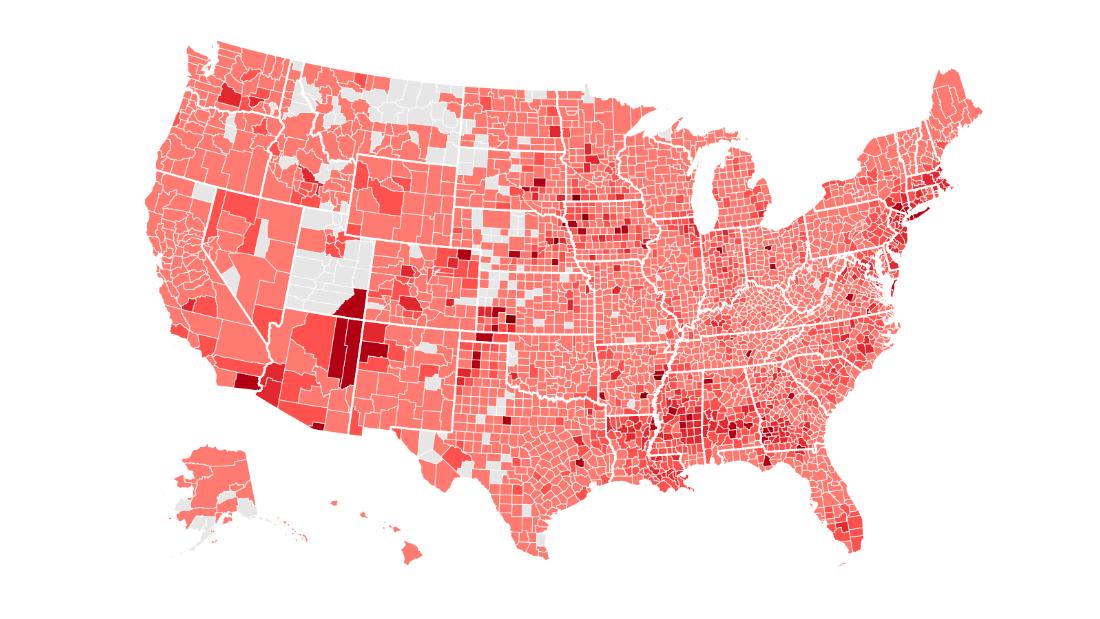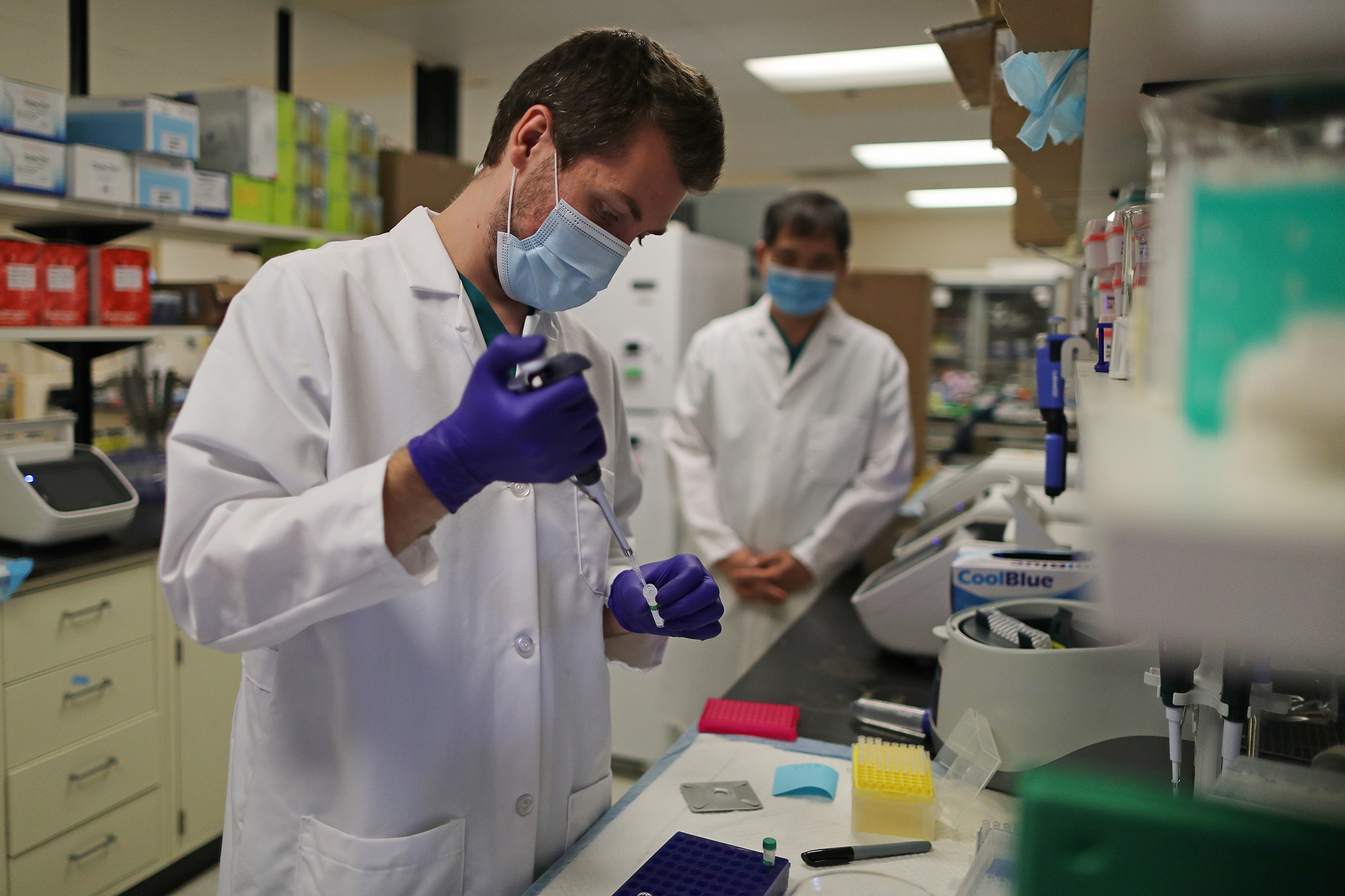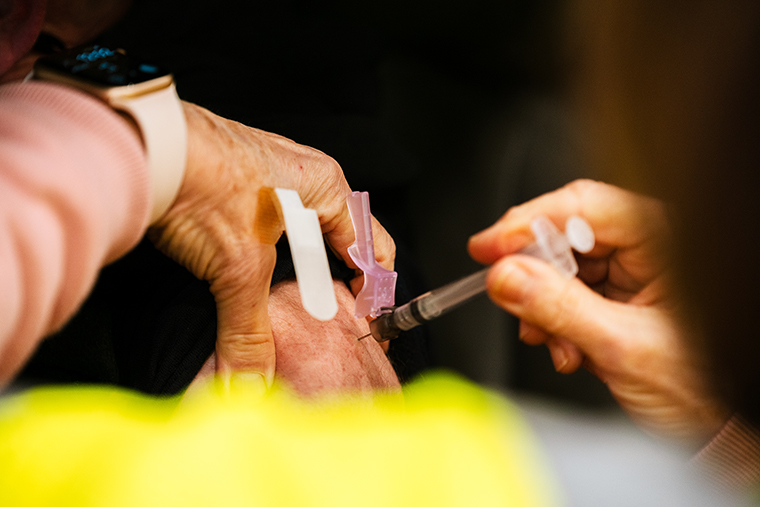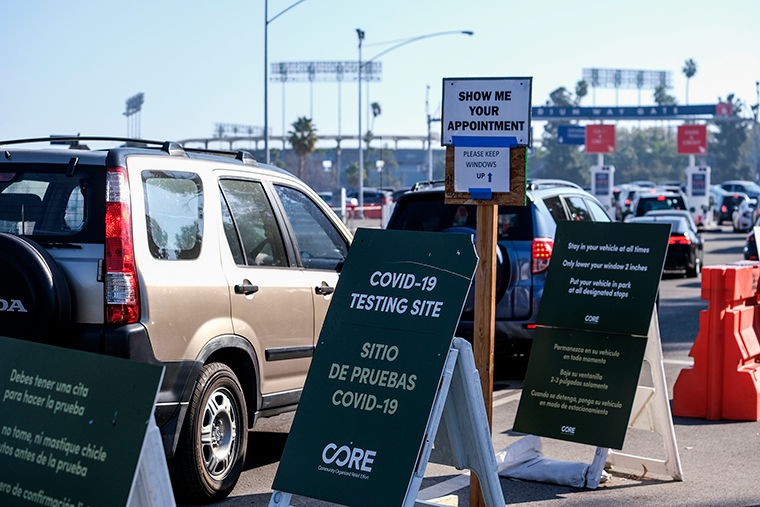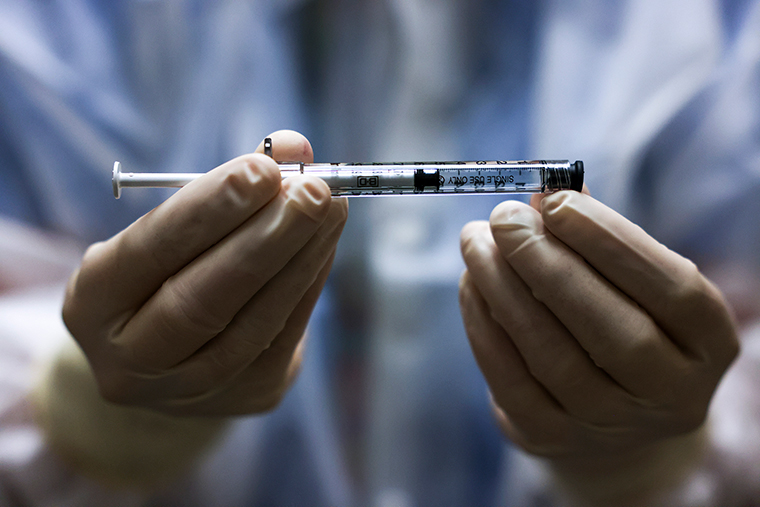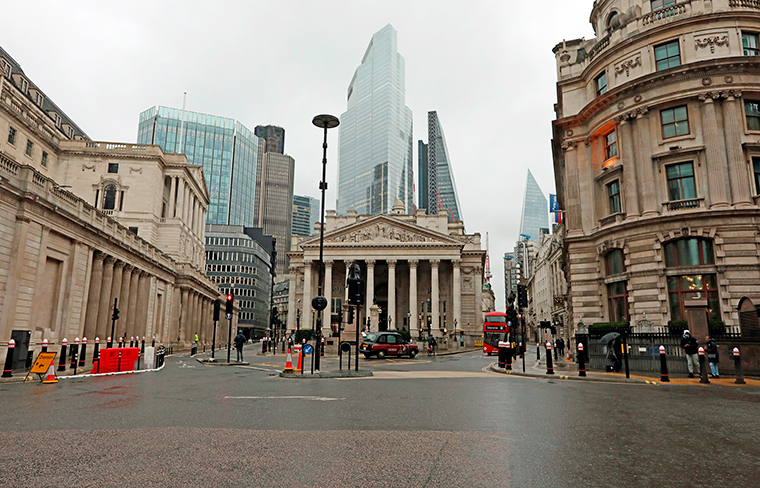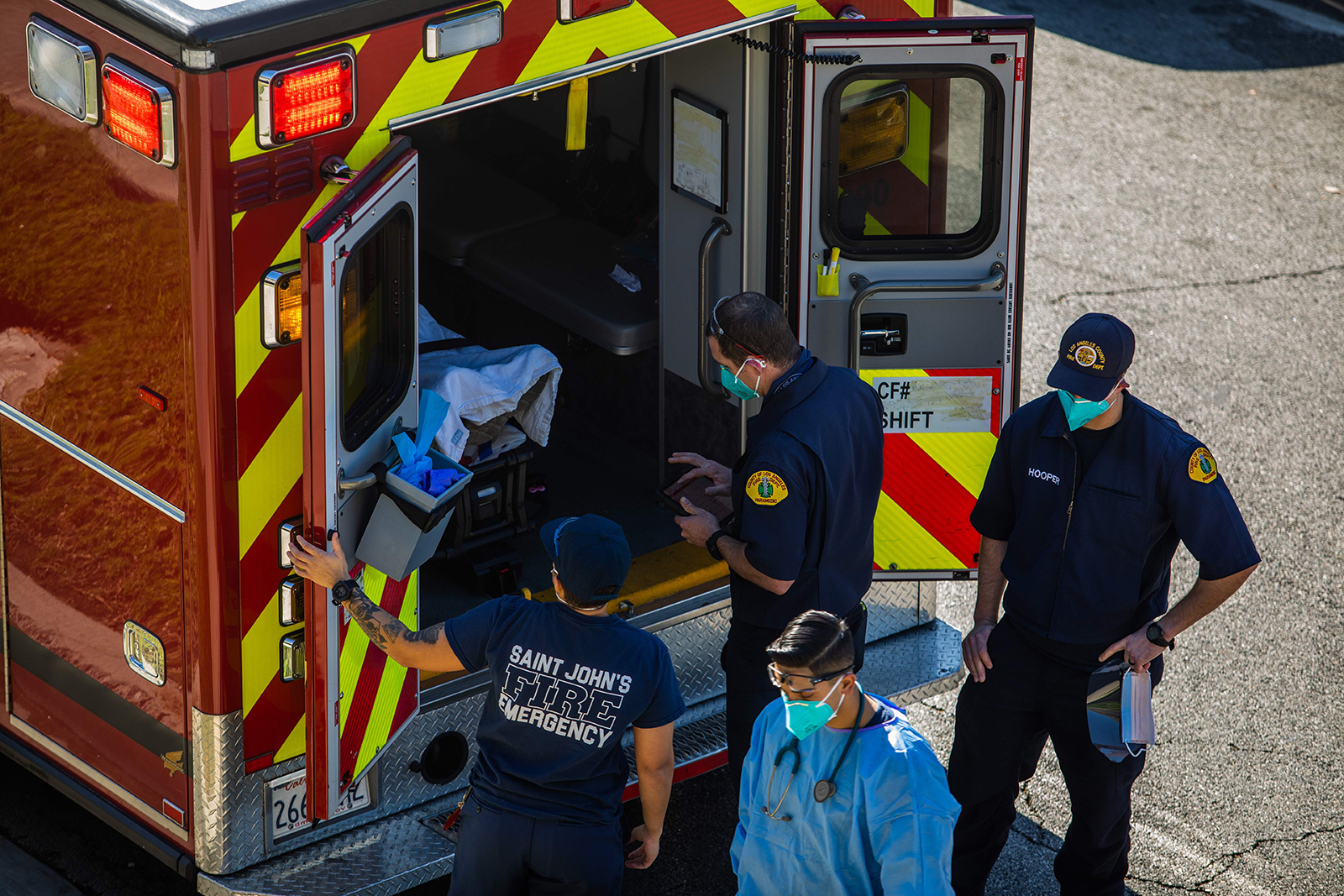
With intensive care units at Southern California hospitals nearly full because of the Covid-19 pandemic, the Los Angeles County Emergency Medical Services Agency (EMS) has directed ambulance crews not to transport patients with little chance of survival to hospitals, and to conserve the use of oxygen.
Los Angeles and Southern California are dealing with one of the country's worst outbreaks of the novel coronavirus. ICU bed capacity plunged to 0% in Southern California last month, as more and more people were admitted to hospital seeking treatment for Covid-19.
Now, many medical facilities simply do not have the space to take in patients who do not have a chance of survival, according to the agency.
As of Monday evening, there were 7,544 people hospitalized in Los Angeles due to Covid-19 and just 17 available adult ICU beds, according to county health data. Due to the shortage of beds, the county EMS said patients whose hearts have stopped, despite efforts of resuscitation, should no longer be transported to hospitals.
If there are no signs of breathing or a pulse, EMS will continue to perform resuscitation for at least 20 minutes, the EMS memo said. If the patient is stabilized after the period of resuscitation, the patient would then be transported to a hospital. If the patient is declared dead at the scene or if no pulse can be restored, paramedics will no longer transport the body to the hospital.
Oxygen shortage: A shortage of oxygen in Los Angeles and the nearby San Joaquin Valley, thanks to Covid-19, is putting immense pressure on the system and forcing paramedics to conserve the supply.
In order to maintain normal circulation of the blood to organs and tissue needed for the body to function, EMS said an oxygen saturation of at least 90% will be sufficient.
California Gov. Gavin Newsom formed a task force to address the issue last week. It is working with local and state partners to help refill oxygen tanks and mobilize them to hospitals and facilities most in need.
